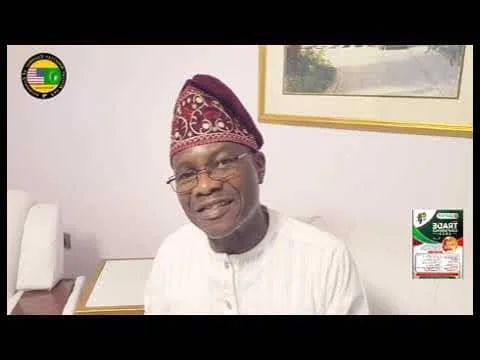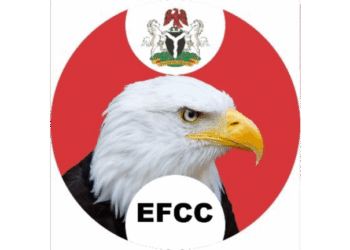High Chief Peter Ameh, former Interparty Advisory Council (IPAC) Chairman, has sounded the alarm on the dire state of Nigeria’s local government system, which he attributes to the collapse of the country’s local economy.
In a passionate plea for urgent electoral reforms, Ameh highlights the detrimental effects of non-transparent elections on democracy, governance, and the overall well-being of local communities.
Ameh argues that the failure of the local government system can be traced back to the imposition and coronation of governors, rather than fair and democratic elections.
“This lack of local government elections has stifled the competitive growth and development of Nigeria’s local communities, hindering their economic potential and undermining the nation’s multi-party democracy,” Ameh said.
Drawing attention to the multiple negative consequences of non-transparent elections, Ameh emphasizes the urgent need for reform.
Firstly, he highlights how such elections erode trust in the democratic process, disenfranchise citizens, and undermine the very foundation of democracy.
“Moreover, non-transparent elections provide a breeding ground for corruption, enabling fraudulent practices and manipulation that sustain corrupt politicians in power,” Ameh said adding that the absence of transparent elections also results in a lack of accountability among officials, leading to poor governance and mismanagement.
He said vulnerable populations, including minorities, low-income communities, and women, bear the brunt of non-transparent elections, further marginalizing them and exacerbating social inequalities.
Ameh further warns of the potential for political instability, social unrest, and violence arising from disputes surrounding non-transparent elections.
He said there could be widespread mistrust in government institutions and leaders is another consequence, eroding public confidence and faith in the political system.
The former IPAC Chairman emphasizes that non-transparent elections also lead to inefficient resource allocation, as corrupt or unaccountable officials prioritize personal interests over public needs.
This stagnation in local development, Ameh said it hinders progress on pressing local issues and impedes the overall growth of the economy.
To address these pressing concerns, Ameh supports the call for major electoral reforms.
He endorses the idea of granting local governments financial and administrative autonomy, freeing them from the stronghold of state governors.
“These reforms would ensure transparent, free, and fair elections in the local government system, guaranteeing the integrity and accountability of the electoral process,” Ameh said while commending the decision of the Attorney General and Minister of Justice to champion the emancipation of the local government system.
He proposes specific recommendations, including amending relevant sections of the Constitution to guarantee the existence, structure, and functions of local governments.
Additionally, he suggests incorporating State Independent Electoral Commissions (SIECs) within the Independent National Electoral Commission (INEC) for a more streamlined and independent election management body.











